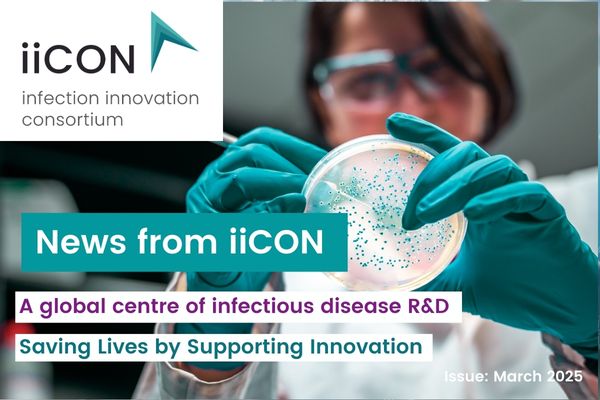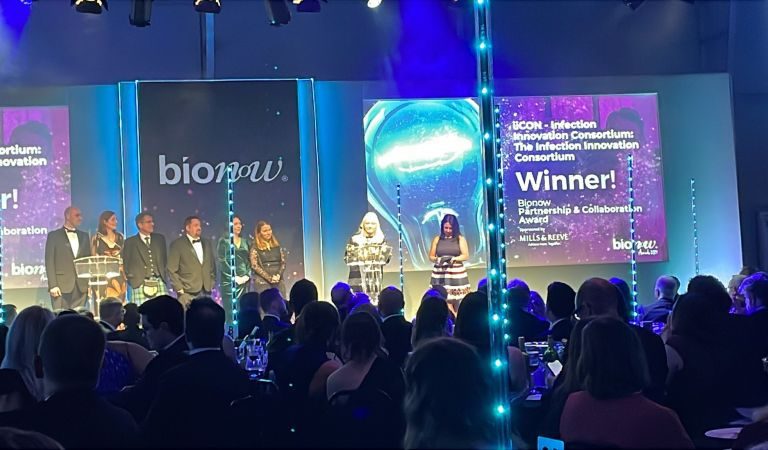- Join the Innovation Journey
- Our Platforms
iiCON supports Merseyside company to test innovative COVID air steriliser

iiCON has worked with Merseyside SME DBFA Ltd to support the company in assessing its innovative ultra violet air sterilising device.
Air sterilising devices, sometime termed ‘air scrubbers’ use ultra violet light or filters to reduce the numbers of airborne particles indoors. Ultra violet light in the C spectrum (UV-C) can be used to destroy harmful microorganisms by deactivating the DNA and their ability to reproduce and cause disease.
Working with iiCON, DBFA was able to access support from lead iiCON partner Liverpool School of Tropical Medicine (LSTM) to carry out expert testing on its UV-C air sterilisation unit, the Sentinel M320, and assess its potential utility against SARS-CoV-2.
There are currently no national or international guidelines or regulations regarding the assessment of technology of this type against aerosolised pathogens. In the absence of this, LSTM tested the technology against SARS-CoV-2 in liquid media, under controlled laboratory conditions. Virus isolated from a nasopharyngeal swab from a patient in Liverpool was used in the work.
The virus culture containing very high number of live virus particles was exposed to UV-C low pressure mercury vapour lamps and achieved a greater than 6 log-fold (99.99998 %) reduction of viable SARS-CoV-2 in liquid media.
Determination of the sterilisation potential of the Sentinel M320 Air Sterilisation Unit against airborne SARS-CoV-2, as well as the potential benefit of this product with regards to the interruption of COVID-19 disease transmission requires further investigation. Work is now also underway at LSTM to generate a scalable model that will standardise the assessment of this type of technology.
Dr Lisa Baldwin, Senior Business Development Manager at iiCON, said: “DBFA is a highly innovative business operating at the vanguard of a new generation of air sterilisation technology in a fast-evolving market space. Companies with break-through technology can often struggle to access appropriate validation and testing models due to their fast-paced technological evolution and this can hinder product development.
“iiCON is designed to overcome these barriers to market and accelerate early-stage innovation. We’re very pleased to have worked with DBFA to connect the business into the world-leading testing and validation expertise at LSTM where the company has been able to access a sophisticated product testing regimen that will expedite the product development journey.”
Professor Giancarlo Biagini, Head of the Department of Tropical Disease Biology at LSTM, said: “We’re delighted to be working with DBFA through iiCON to provide expert analysis of the Sentinel M320 Air Sterilisation Unit’s impact against SARS-CoV-2 and our initial results look promising.
“Our team is now also working on a scalable model that will support and standardise the assessment of this type of technology against aerosolised pathogens – helping to drive and support innovation in air sterilisation.”
This work was supported by iiCON’s Merseyside SME Support programme: Formulated Materials for Infectious Disease Prevention, which is funded by the European Regional Development Fund (22R19P03837).


